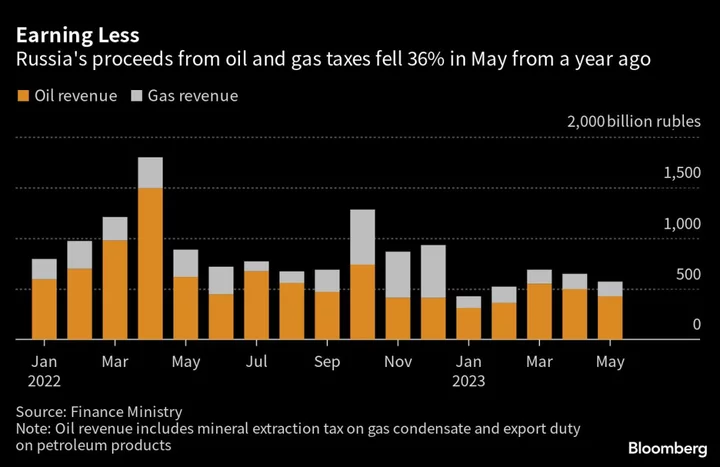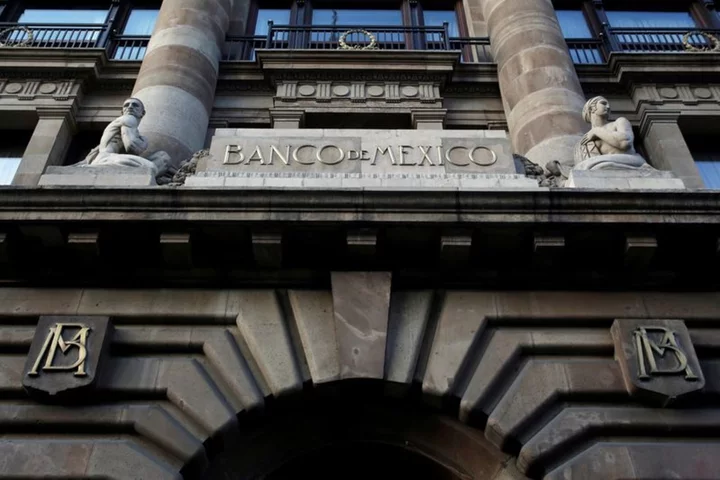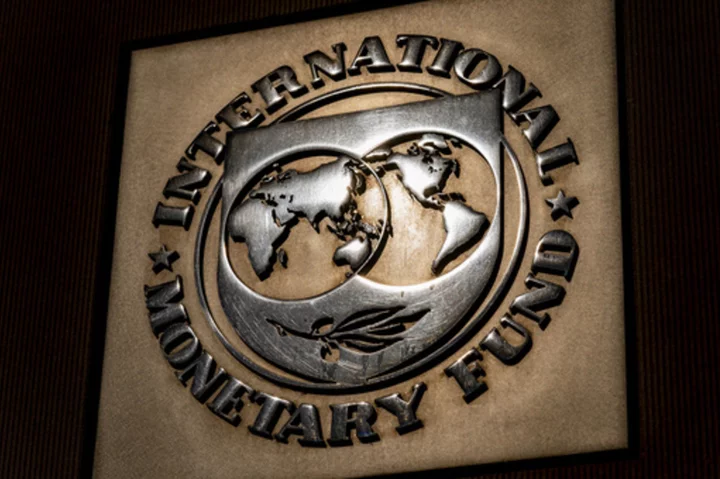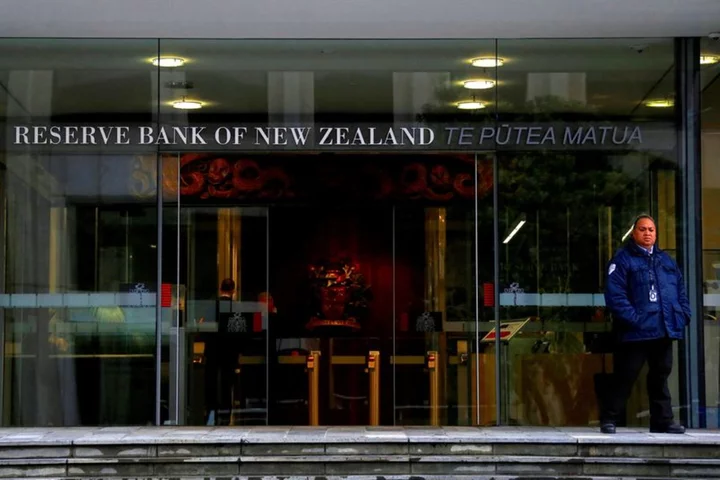Russia’s oil and natural gas revenue fell by more than a third in May, hit by lower crude prices amid Western sanctions and reduced gas exports to Europe.
Budget proceeds from oil and gas taxes plunged 36% from a year ago to 570.7 billion rubles ($7 billion), the Finance Ministry said Monday. Taxes from crude and petroleum products — which accounted for 75% of total hydrocarbon revenues in May — fell 31% to 425.8 billion rubles, according to Bloomberg calculations.
Oil and gas contribute about a third to Russia’s coffers, which are under pressure amid the rising cost of financing the war in Ukraine. The drop in contributions to the nation’s budget comes after the European Union banned most seaborne imports of crude and petroleum products and the Group of Seven industrialized nations imposed a price cap on Russia’s oil sales.
Earlier this year, the Russian government changed the way it assesses oil prices for tax purposes in an effort to boost revenue. It introduced a discount to the Brent benchmark, which sets the floor price for the nation’s crude for budget purposes. If Russian oil trades above the threshold, the Finance Ministry uses the prevailing market price for tax calculations.
In May, Russia’s key export blend Urals averaged $53.34 a barrel, almost $9 higher then the price calculated using the discount mechanism, according to Finance Ministry data. President Vladimir Putin has also ordered his government to fine-tune existing indicators and establish new ones to calculate oil prices for taxes.
Gas revenue fell almost 46% in May from a year ago to 145 billion rubles, as even higher proceeds from the mineral extraction tax failed to make up for losses from export duties. Income from gas export tariffs fell 81% to 38.3 billion rubles after Russia’s Gazprom PJSC capped pipeline flows to Europe, historically its biggest market.
The revenue from the mineral extraction tax on gas was 106.6 billion rubles, and comes amid a temporary increase of the duty for Gazprom of 50 billion rubles per month in 2023-2025.









